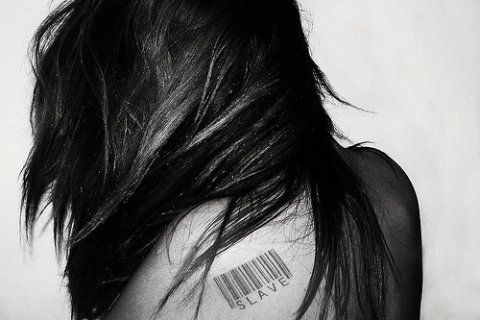Hannah Milhous Nixon
Contact Us
A Quaker Saint
When I first became conscious of the price of gasoline as a child, it was 36.9 cents per gallon at my Mom’s favorite gas station, and the price stayed at about that level until the Fall that I started 6th grade. All of the sudden, prices started going sharply up and we were all hearing on the news about an oil embargo led by Saudia Arabia against the United States. Much later, I learned that the Saudis took that action in response to the assistance that the United States had provided Israel after they were invaded by Syria and Egypt, with Soviet material support, in the Fall of 1973.
The embargo led to the Energy Crisis, and I spent my late youth wondering when the United States would be able to become energy independent.
Whose idea was it to help Israel, given the great cost that the United States would incur? European nations had already declined Israeli Prime Minister, Golda Meir’s personal appeal for military assistance. Arab nations had already threatened to use oil as a weapon against any country that aided Israel. The answer is Present Richard Nixon, who in fact had a reputation for being antisemitic. Why would he do such an unrewarding thing when he was already embroiled in a scandal that would ultimately cost him his presidency?
On October 6, 1973 (Yom Kippur – the holiest day in the Jewish culture), Egypt and Syria launched a joint attack simultaneously across Israel’s southwest and north-east borders. The invaders, largely supplied by the Soviet Union, enjoyed a massive advantage of tanks over Israel and made extensive incursions into Israeli territory, or at least, territory that Israel had seized from them the last time they had staged an invasion attempt. The invaders also had a huge inventory of antiaircraft missiles (also provided by the Soviets) that were used against Israeli planes trying to stop the incursion of the tanks.
One night, Richard Nixon received a phone call from Golda Meir, pleading for assistance. One source quotes the president as saying
“I could almost hear my mother’s voice. She would tell me stories and read to me from the Old Testament, the heroes of the Bible. And one afternoon, she said, ‘Richard, someday you’re going to be in a position where you can help save the Jewish people. And when that day comes, you must do everything in your power.’”
Hannah Milhous Nixon, the president’s mother, is known to have heavily influenced her son all of his life. He described her as “a Quaker saint”.
At first, the United States attempted to provide material assistance to Israel by loading equipment on El Al airliners, so that American aircraft would not be seen providing obvious support. However, it became obvious that a much more extensive airlift would be necessary, and President Nixon ordered the US military to “send everything that can fly”. Only one European nation, Portugal, allowed the US airlift to refuel on their soil. But the United States delivered a massive amount of materials and fighter aircraft to Israel over about a month. The U.S. support helped Israel survive the invasion and an effective ceasefire was eventually implemented.
While the experience caused pain to the United States economically in the 1970s, it showed the world that the Soviets couldn’t expect to simply supply their proxies with military equipment and expect to enforce their geographic objectives. The experience also led to a sustained period of energy innovation in the United States, including the invention of the modern lithium battery, vast increases in the energy conversion efficiency of solar cells, and a wide variety of clever improvements in oil and gas extraction technology. But the satisfaction of being allowed to assist Israel, the “Apple of God’s Eye”, at a crucial time is a reward in itself, and will be a lasting testimony to American character for ages to come.
https://rabbidaniellapin.com/hannah-nixons-foreign-policy/
https://en.wikipedia.org/wiki/Hannah_Milhous_Nixon
https://en.wikipedia.org/wiki/Operation_Nickel_Grass
"Power Broker" Series





